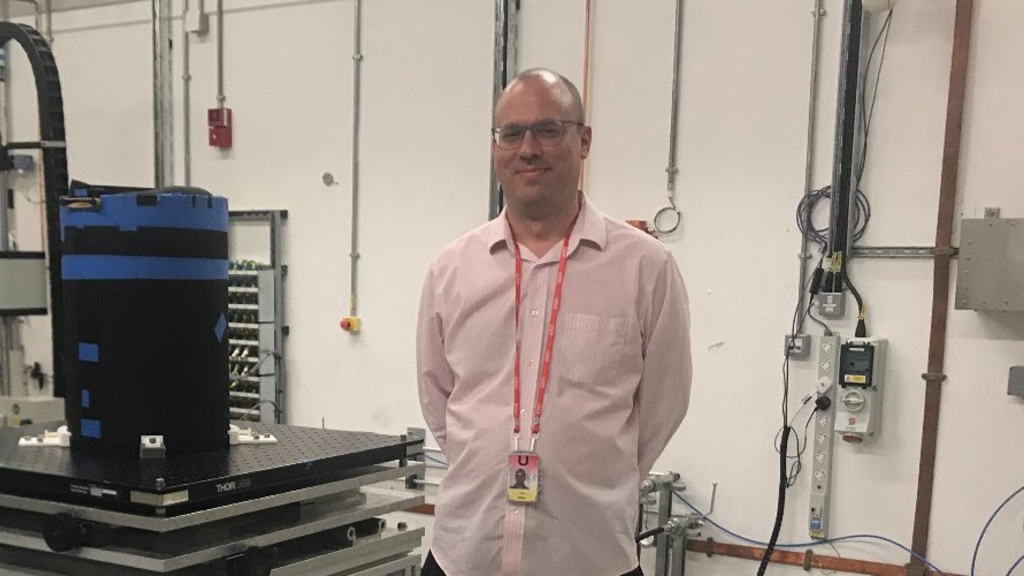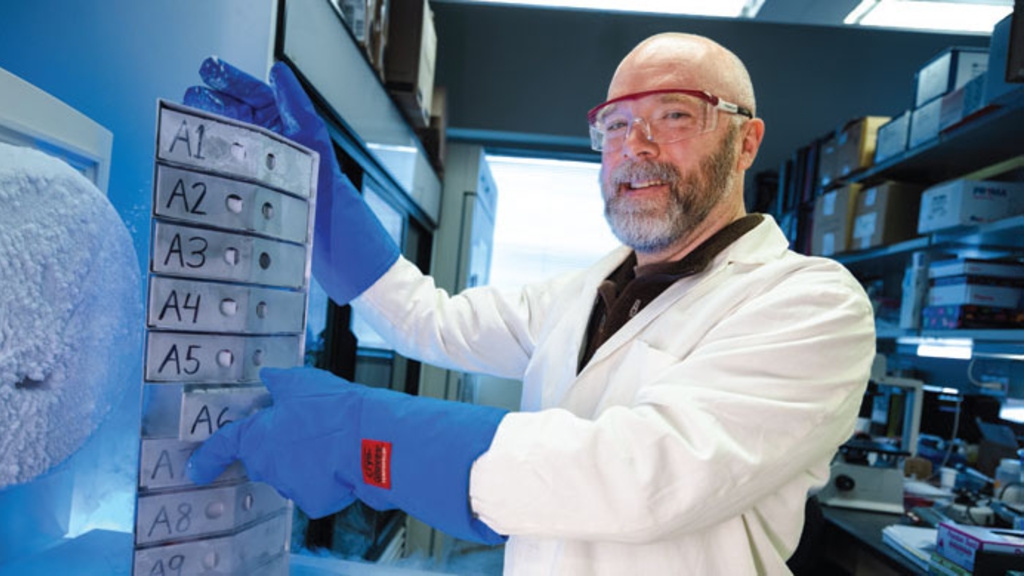Main navigation

Bridging ancient texts and modern technology: Paul Dilley’s transformative impact on Religious Studies and Classics at Iowa
Monday, February 2, 2026
As the University of Iowa looks toward celebrating the 100-year anniversary of its Religious Studies department in 2026, Associate Professor and DEO, Paul Dilley, stands at the intersection of tradition and innovation. A scholar of ancient Mediterranean religions, early Christianity, and digital humanities, Dilley exemplifies the interdisciplinary spirit that defines the College of Liberal Arts and Sciences.

Meet four CLAS researchers and artists
Tuesday, January 27, 2026
Learn more about the exciting work of the following College of Liberal Arts and Sciences researchers and artists.

CLAS’s DSHB antibody resource awarded $3.4 million NIH grant to expand and modernize facilities
Tuesday, January 27, 2026
The NIH grant will fund a new centralized facility for the University of Iowa’s Developmental Studies Hybridoma Bank, boosting its capacity and modernizing its antibody production and research infrastructure.

CLAS Grant Support Office welcomes Kimberly Gray
Monday, October 13, 2025
Kimberly Gray joins CLAS as post-award grant manager for Physics and Astronomy, the college’s leading department in external research funding.

Meet four CLAS researchers and artists
Monday, October 13, 2025
Learn more about the exciting work of the following College of Liberal Arts and Sciences researchers and artists.

CLAS Iowa Science Academy launches new tracks to enhance student success
Monday, October 13, 2025
Under the direction of professor and ISA Director, Lori Adams, the programs provide students with opportunities to conduct hands-on research, scientific outreach, and other relevant professional development.

Meet CLAS alumnus David Schwebel, Iowa’s new Vice President for Research
Monday, October 13, 2025
Schwebel talks with CLAS Associate Dean Joshua Weiner about the future of research at Iowa and his love for Iowa City.

CLAS Computer Science professor awarded $1.2 million to unify how researchers share and reuse proofs
Saturday, October 11, 2025

CLAS researcher wins grant to develop new telescope to better navigate solar system
Monday, October 6, 2025
University of Iowa researcher Jacob Payne has received a NASA grant to develop a compact X-ray telescope that uses millisecond pulsars to improve spacecraft navigation across the solar system. The project aims to enhance deep-space tracking capabilities while supporting NASA’s push for smaller, specialized satellites.

Latest updates to CLAS facilities bring fresh look as 2025-26 academic year begins
Thursday, August 28, 2025
Across campus, construction crews have been working all summer to construct new facilities and update old ones, providing a fresh new look before the upcoming academic year.
Pagination